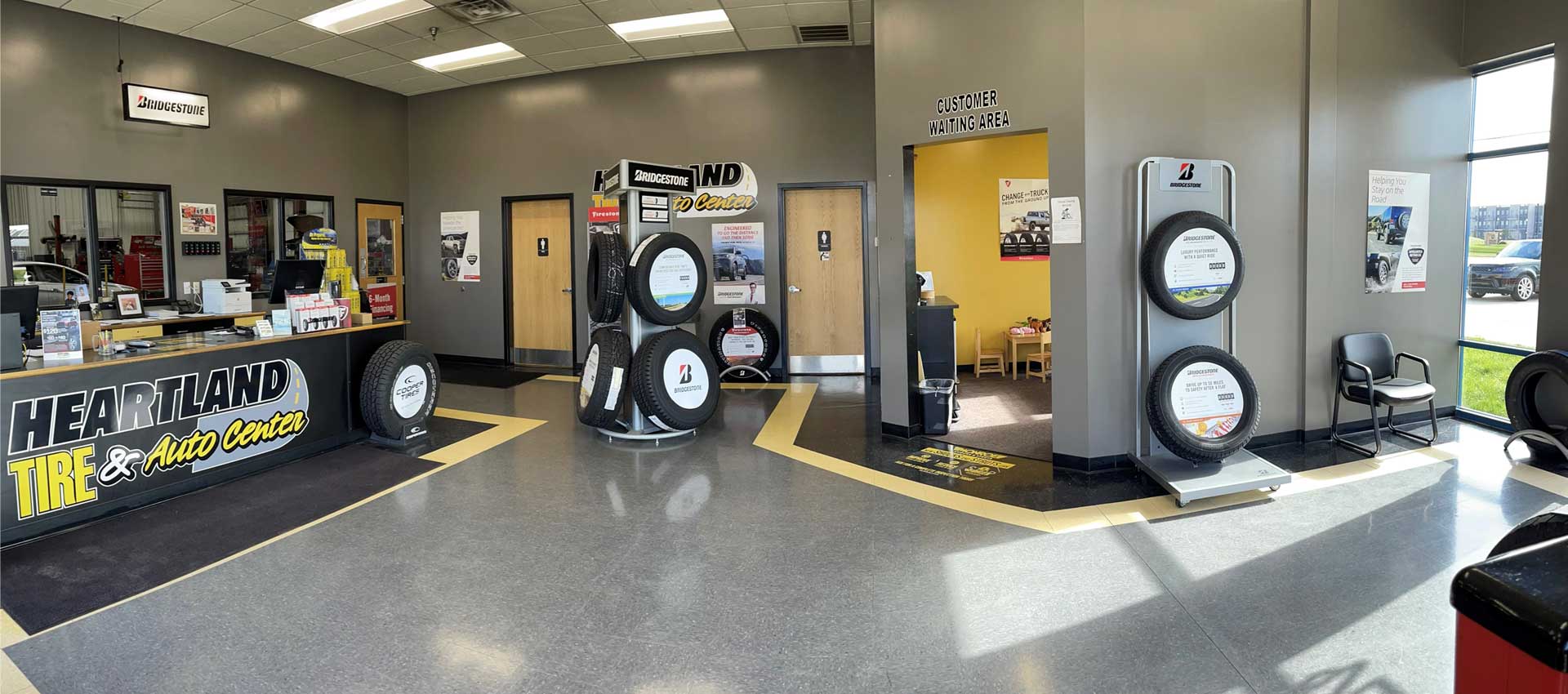Discover Top-Quality Tires Morris IL: Select the Best for Your Automobile
Discover Top-Quality Tires Morris IL: Select the Best for Your Automobile
Blog Article
Tire Solution: Understanding Tire Stress Tracking Systems
Recognizing Tire Stress Monitoring Systems (TPMS) is a crucial facet of maintaining ideal vehicle efficiency and security on the roadway. With improvements in vehicle innovation, TPMS has actually become a standard feature in contemporary lorries, supplying real-time details on tire stress degrees.

Relevance of TPMS
The relevance of Tire Pressure Tracking Equipments (TPMS) hinges on their capacity to boost automobile security and performance with real-time tracking of tire stress levels. Keeping the right tire stress is essential for ensuring optimal handling, braking, and overall safety of a car. TPMS gives motorists with immediate comments on any type of overinflated or underinflated tires, permitting timely modifications to be made.
Parts of TPMS
Sensors are typically situated in the tire shutoff stem or attached to the wheel assembly, where they measure tire stress and transmit information to the control module. Some progressed TPMS versions additionally show the real tire pressure analyses for each tire, supplying chauffeurs with real-time information to make sure optimum tire efficiency and security. By keeping track of tire pressure continuously, TPMS aids avoid accidents, reduces tire wear, and enhances gas efficiency, making it a vital part for automobile safety and security and efficiency. discount tires morris il.
Types of TPMS

On the various other hand, indirect TPMS relies upon the automobile's wheel speed sensing units to keep an eye on tire stress. This system detects underinflation by comparing the rotational rates of the wheels. Indirect TPMS is much less pricey than straight TPMS, as it makes use of existing sensors within the vehicle.
While direct TPMS supplies a lot more exact analyses, indirect TPMS is simpler in style and typically requires much less maintenance. Both systems have their advantages and limitations, and the choice between them commonly relies on variables such as cost, automobile make, and individual choice. Comprehending the differences in between these two kinds of TPMS can aid automobile proprietors make notified decisions relating to tire maintenance and security.
TPMS Upkeep Tips
Reliable maintenance of TPMS is essential for ensuring ideal efficiency and safety and security of your automobile. Routinely examining the TPMS sensing units for any type of damage or rust is crucial. Guarantee that the sensing units are free and clean from particles that might disrupt their performance. Furthermore, it is a good idea to inspect the sensing unit batteries periodically and replace them as needed to guarantee exact readings. Conduct routine examine the tire stress levels and compare them with the TPMS readings to ensure they are constant. If there are any type of discrepancies, alter the system following the maker's guidelines. During tire turning or substitute, make sure that the TPMS components are managed meticulously to avoid any possible damages. Lastly, if the TPMS cautioning light illuminates on the dashboard, attend to the issue without delay by inspecting the find out this here tire stress and the total system for any kind of faults. By adhering to these maintenance ideas, you can lengthen the life-span of your TPMS and enhance the safety of your driving experience.
Benefits of Appropriate Tire Stress
Maintaining appropriate Click Here tire stress, as highlighted in TPMS Maintenance Tips, is crucial for reaping the various benefits linked with optimum tire pressure levels. In addition, proper tire stress makes sure also tire wear, expanding the lifespan of the tires and promoting safer driving conditions. In verdict, the advantages of proper tire stress go past just tire durability; they incorporate boosted gas performance, boosted safety and security, better vehicle efficiency, and total driving convenience.
Conclusion
To conclude, understanding tire pressure tracking systems (TPMS) is important for maintaining optimal tire pressure and making sure vehicle security. By acknowledging the relevance of TPMS, being familiar with its elements, understanding the various types offered, adhering to proper upkeep pointers, and realizing the benefits of keeping appropriate tire pressure, vehicle drivers can improve their driving experience and lengthen the life expectancy of their tires. Proper tire pressure is vital to reliable and risk-free vehicle operation.

Report this page